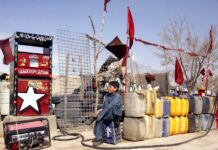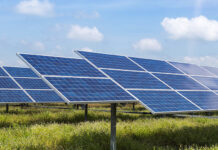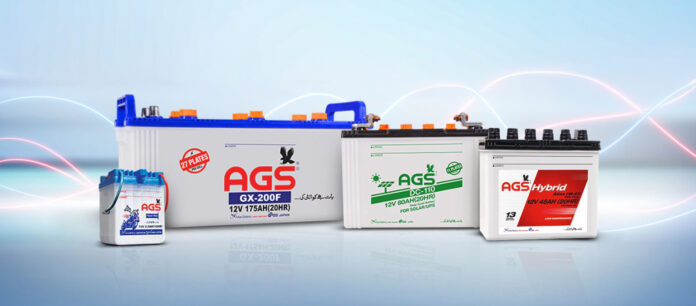Atlas Battery Ltd closed fiscal 2025 with sharply weaker results and a steadfast message: despite the lithium wave, lead-acid remains its core. The company’s stance sets up a revealing contrast with Treet, which is moving into lithium-ion through a tie-up with a Chinese partner and, according to recent reporting, is preparing local manufacturing capability. The strategic fork comes just as Pakistan’s policy push and consumer interest edge toward electric mobility – a category dominated by lithium-ion chemistry.
Atlas Battery’s top line fell and profitability deteriorated materially in FY25. Net sales declined 15% year-on-year to Rs35.2 billion (FY24: Rs41.5 billion) as unit volumes slipped and consumers migrated from heavy to medium-sized batteries, which carry lower average realisations. Gross profit dropped 33% to Rs4.0 billion, pulling the gross margin down to 11% from 14% a year earlier. Operating profit tumbled 54% to Rs1.8 billion, while EBITDA fell 47%. After finance costs and tax, profit after tax plunged 93% to Rs91 million, dragging net margin to effectively 0% (FY24: 3%) and earnings per share to Rs2.60 (FY24: Rs38.37). The company paid no dividend for FY25 (FY24: Rs20). The content in this publication is expensive to produce. But unlike other journalistic outfits, business publications have to cover the very organizations that directly give them advertisements. Hence, this large source of revenue, which is the lifeblood of other media houses, is severely compromised on account of Profit’s no-compromise policy when it comes to our reporting. No wonder, Profit has lost multiple ad deals, worth tens of millions of rupees, due to stories that held big businesses to account. Hence, for our work to continue unfettered, it must be supported by discerning readers who know the value of quality business journalism, not just for the economy but for the society as a whole.To read the full article, subscribe and support independent business journalism in Pakistan
























